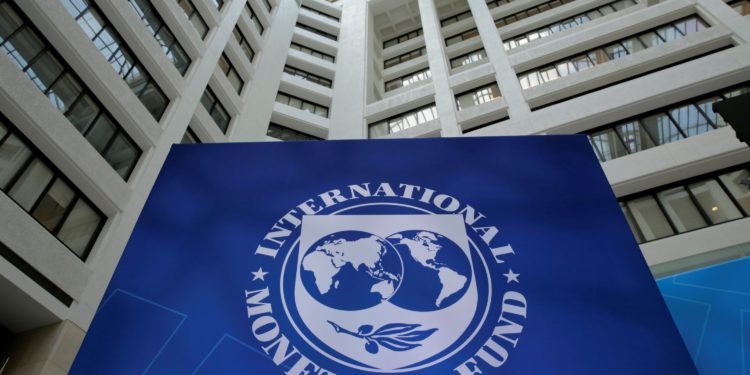Ghana: Debt restructuring dependent on outcome of DSA report; speculations too early – IMF
Director of Communications at the International Monetary Fund (IMF), Gerry Rice, has cooled speculations that Ghana is poised to start talks on restructuring its debt as part of plans to secure a $3 billion loan from the Fund.
Speaking at a news conference in Washington DC, Mr Rice said the restructuring of Ghana’s debt will be dependent on the outcome of the Fund’s Debt Sustainability Analysis (DSA) Report.
According to him, the DSA report will indicate if there is the need for debt restructuring in the first place and if necessary, how it should be carried out as well as which areas will be affected.
“When a country requests financing from the IMF, we assess whether the country’s policies are consistent with debt sustainability as one of our requirements. We still need to conduct a thorough update of the debt situation in Ghana through our Debt Sustainability Analysis.
“The last, I don’t know if it’s useful, I have here the last DSA, Debt Sustainability Analysis. We published this as part of the 2021 Article IV Staff Report with Ghana. It said public debt was a sustainable conditional on a rigorous and credible implementation of the authority’s medium term consolidation plan to put debt on a declining trajectory and ensure continued market access,” he said.
Adding that, this will inform the next line of action as government and the Fund remain committed to ensuring no harm is done to the interest of stakeholders as a result of this programme.
Meanwhile, reports indicate that the International Monetary Fund (IMF), as part of the country’s debt stock, wants government to add the $2bn Sinohydro loan from China and the $1.5bn COCOBOD syndicated loan taken for the 2021/2022 season.
According to the IMF, this is to give a comprehensive picture of the country’s total debt stock.
The inclusion of the $2bn Sinohydro loan and the $1.5bn syndicated loan will hike the country’s debt to GDP ratio from the present 78% [GHS 396bn] to over 80% of GDP.
Reports further indicate that, government is reluctant to add the $2bn Sinohydro loan to its current debt stock making the argument that, the Sinohydro loan was a barter trade for the country’s bauxite resources.
Meanwhile, a statement released by the Ministry of Finance on Monday, September 26, noted the Government of Ghana is putting together a comprehensive post Covid-19 economic programme which will form the basis for the IMF negotiations.
The programme seeks to establish a macro-fiscal path that ensures debt sustainability and macroeconomic stability underpinned by key structural reforms and social protection.








